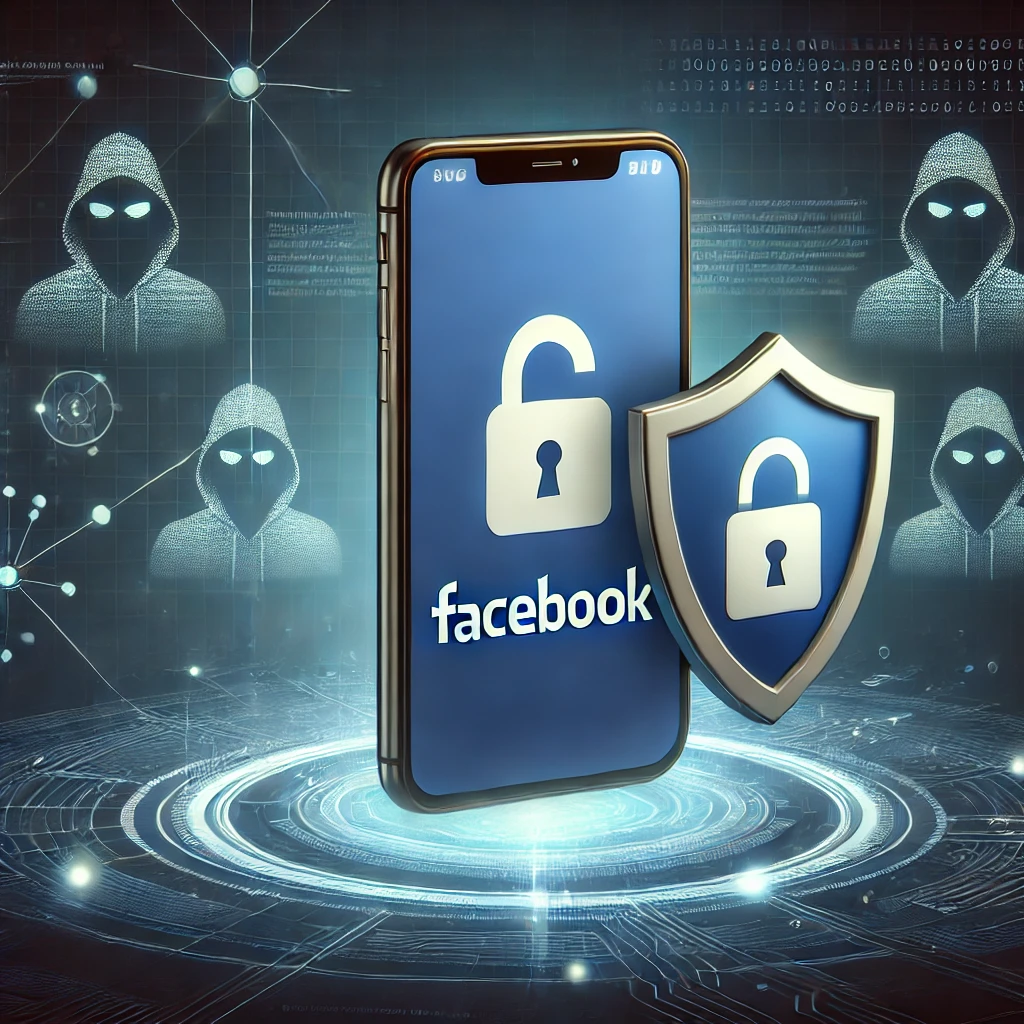Imagine waking up one morning to find that your Facebook account is posting strange messages, sending spam to friends, or worse—locked and hijacked by a hacker. For many of us, Facebook is more than just a place to share memes or family photos; it’s a personal hub connecting us to friends, family, and even our identity online. But while you’re scrolling through cat videos, cybercriminals are lurking in the shadows, ready to exploit any crack in your digital defenses. So, how do you stay one step ahead? In this post, I’ll show you why securing your Facebook account is more important than ever—and how easy it is to protect yourself from hackers.
Why Hackers Want Your Facebook Account
Most people assume their Facebook account isn’t valuable to hackers, but that’s untrue. Here’s why:
- Personal Information: Your account holds more than just status updates. Hackers can access your friends list, photos, birthdays, locations, and other personal data to impersonate or steal your identity.
- Scams and fraud: Hackers often pretend to be you and send messages to your friends, tricking them into sending money or clicking harmful links.
- Data for Sale: The information in your account can be sold on the dark web or used to create fake profiles for other fraudulent activities.
- Platform Access: Many people use Facebook to log into other services (like Spotify or Instagram). Gaining control of your Facebook account may also give hackers access to these linked accounts.
Why You Should Secure Your Facebook Account
- Protect Your Privacy: Personal details like your home address, phone number, and workplace can be targeted by attackers.
- Avoid Financial Loss: Scammers might try to exploit your friends and family by impersonating you.
- Preserve Your Reputation: An account breach could lead to inappropriate content being posted, damaging your reputation personally and professionally.
How to Secure Your Facebook Account
Here are a few practical, easy-to-follow steps:
- Use Strong, Unique Passwords:
Create a password that’s hard to guess but easy to remember. Avoid obvious choices like your pet’s name or “password123.” Consider using a password manager to store all your passwords securely. - Turn On Two-Factor Authentication (2FA):
This extra layer of security requires you to enter a code sent to your phone when logging in from an unfamiliar device. It makes it nearly impossible for hackers to access your account even if they have your password. - Review Your Login Activity:
Check your account regularly for any suspicious logins. Facebook allows you to see where and when your account has been accessed. If something seems off, immediately log out of all devices and change your password. - Limit What You Share:
Be mindful of the information you post. Hackers can use things like your location, phone number, or birthday to guess security questions or trick others into giving them more access. - Be Cautious of Phishing Scams:
Hackers often use fake emails or messages that look like they’re from Facebook. These phishing attempts try to trick you into giving up your login information. Never click on suspicious links or share your password. - Log Out of Unused Devices:
If you’ve logged into Facebook on a public computer or a shared device, log out when you’re done. This simple step prevents others from gaining access.
Closing Thoughts
Securing your Facebook account might seem unnecessary, but everyone is at risk as hackers become more sophisticated. Following these simple steps, you can protect your data, maintain control of your online presence, and keep hackers at bay

